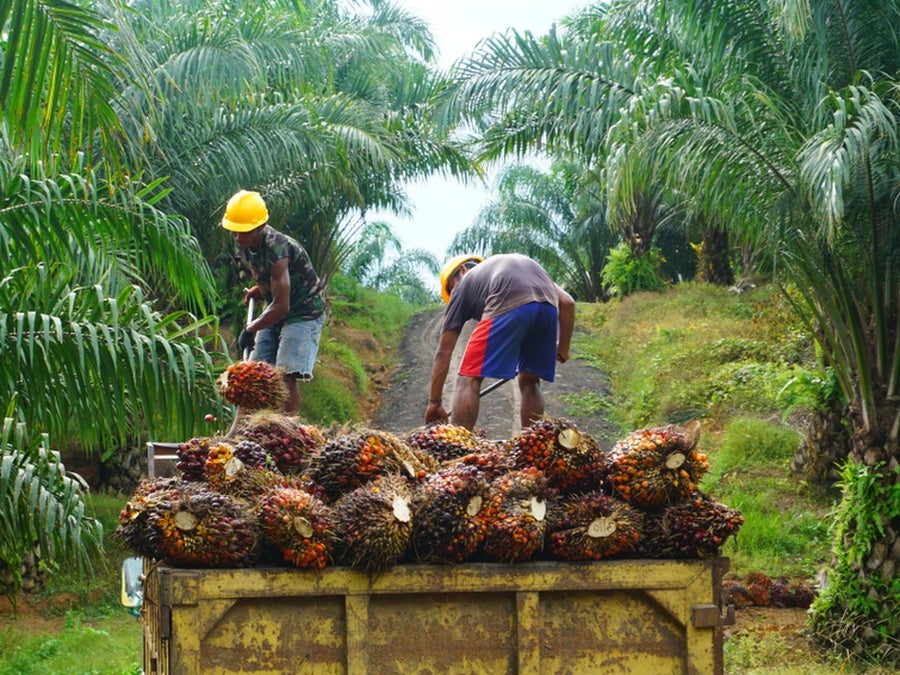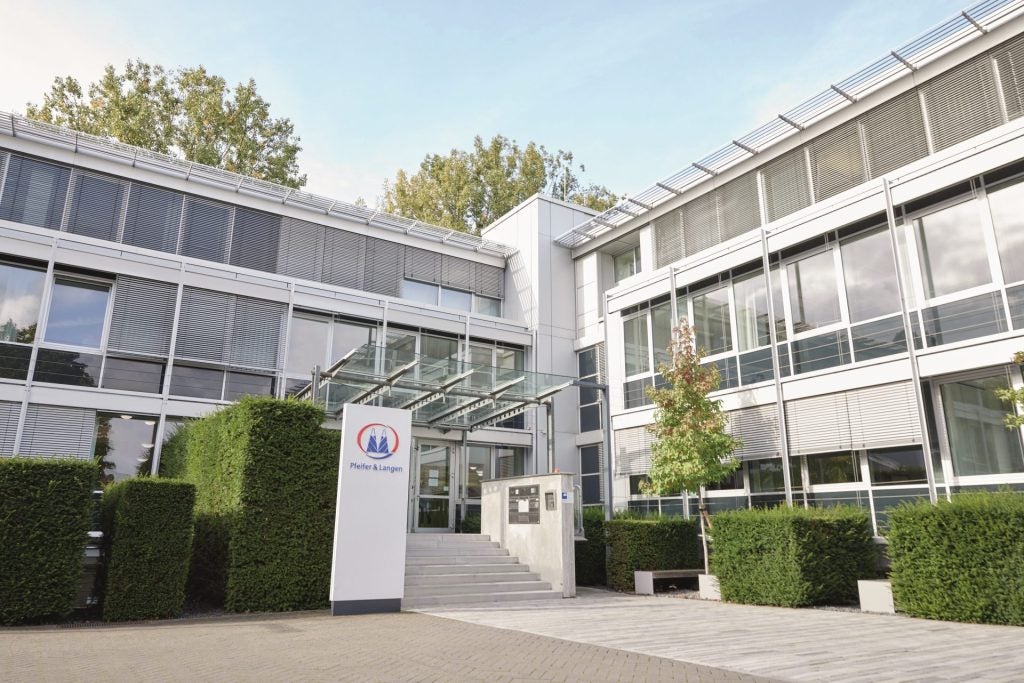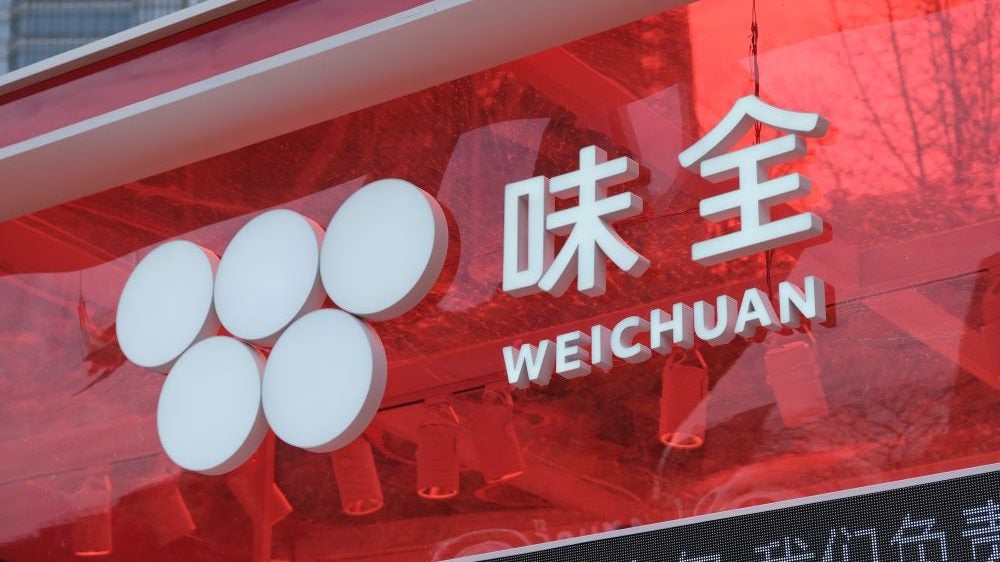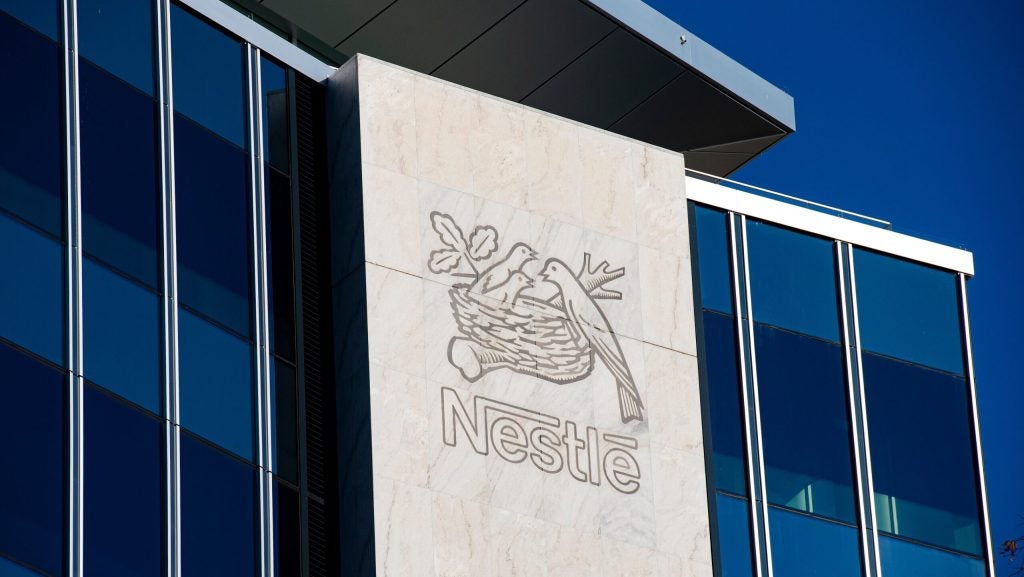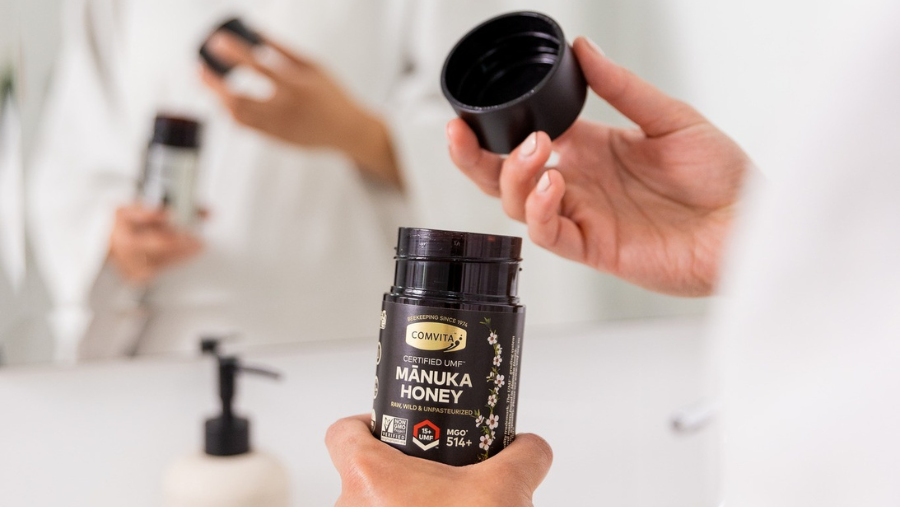NGOs have denounced the findings of a report by Indonesian palm-oil supplier PT Astra Agro Lestari (AAL) into land grabbing and environmental abuse claims.
Concerns were first raised in 2020 by the US division of Friends of the Earth and by The Indonesian Forum for Environment (Walhi) claiming abuse of power by AAL in Central and West Sulawesi, including human rights violations. Three of the Indonesian company’s subsidiaries were implicated – PT Mamuang, PT Lestari Tani Telada and PT Agro Nusa Abadi.
AAL published a 116-page report in October revealing the results of its own investigation conducted by a third party following a probe by the two NGOs, the conclusions of which were published in March 2022. Amid the allegations, a number of CPG companies, including Mondelez International and PepsiCo, have since either suspended palm oil supplies or instructed suppliers to do so.
In a report published yesterday (26 November), Friends of the Earth and Walhi said “AAL’s verification report was the result of a unilaterally-dictated investigation that ignored civil society inputs, failed to investigate a number of critical allegations, failed to examine whether AAL subsidiaries ever received the free, prior, informed consent (FPIC) of communities, and produced biased and inaccurate findings”.
Jeff Conant, the international forests programme manager at Friends of the Earth US, said: “AAL’s new verification report conspicuously does not mention FPIC even once. Yet, FPIC is the critical factor for distinguishing between legitimate land acquisition and land grabbing.
“Shareholders, buyers, and consumer-goods companies with supply chain links to AAL, which have all committed to respect FPIC in their sustainability policies, must take notice and suspend all sourcing from this rogue company.”
Uli Arta Siagian, the forest and plantation campaign manager at Walhi, described the AAL investigation as “one-sided” and one that “did not bother to look at how AAL subsidiaries acquired lands from communities or whether these companies are operating legally”.
In March, AAL hired Indonesia-based independent advisory Econusantara (ENS), the same company Procter & Gamble appointed to conduct its own assessment into the allegations against the Asian business. In 2022, the CPG major also instructed its palm oil supplier to suspend deliveries.
For its part, AAL said in its October report that ENS “conducted an in-depth investigation” from March to September into the allegations “to discover as far as possible the facts behind them and evidence that supports or refutes each claim”.
The probe included data collection from farmers over land claims, interviews, the traceability of legal documents and the history of land ownership.
In a separate statement announcing the investigation’s findings, ENS CEO Zulfahmi, who like many Indonesians only uses one name, said “we are confident that AALI [AAL] remains open to looking at any further clear information and evidence that any stakeholder has and commit to doing our utmost to resolve any arising issues”.
AAL CEO Santosa added: “We invite and encourage parties who are interested or concerned about solving problems or want to assist the community to be part of this process. To continue to provide stakeholders with updates on our ongoing activities, we intend to continue to publish updates regarding this process periodically.”
The Indonesian business is owned by Jakarta-based Astra International, which in turn comes under the umbrella of global conglomerate Jardine Matheson. Other companies that have joined the palm oil boycott include Nestlé, Hershey, Kellogg and FrieslandCampina.
Friends of the Earth and Walhi claimed yesterday the AAL report “fails to investigate many other allegations from the March 2022 report, including whether AAL subsidiaries hold each of the required permits to operate, multiple cases of criminalisation of environmental human rights defenders, and environmental degradation caused to rivers”.
Uli Arta Siagian at Walhi added: “The investigation demanded communities show documentation for their land claims, while not requiring the same level of proof from AAL. This completely ignores the power asymmetries between rural communities and powerful companies, as well as ignores the complicated reality of land rights recognition in Indonesia.”


